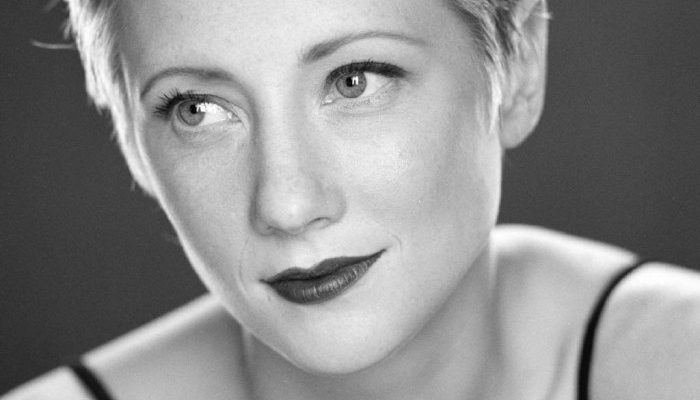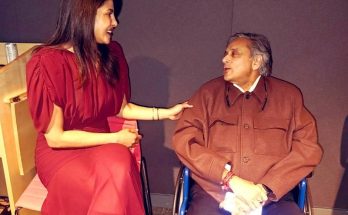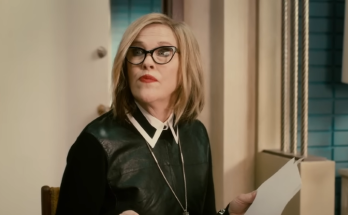IBNS: Hollywood recently lost its unconventional and stylish actress Anne Heche, who had left the world mesmerised with her strong performance in Six Days, Seven Nights and Volcano, and had grabbed headlines for being open about her same-sex relationship with Ellen DeGeneres in the 90s.
Anne Heche’s death remained tragic after she was “peacefully taken off life support” nine days after a car crash.
Her son, Homer Laffoon, 20, was quoted as saying by CNN: “My brother Atlas and I lost our Mom. After six days of almost unbelievable emotional swings, I am left with a deep, wordless sadness. Hopefully my mom is free from pain and beginning to explore what I like to imagine as her eternal freedom.”
A week after the crash, Heche was “brain dead” but remained on life support, according to a statement from her family and friends shared with CNN by their representative.
Heche has matched with an organ recipient and will be taken off life support on Sunday, a representative for her family told CNN.
Heche was in a car that was traveling at a high speed when it ran off the road and collided with a residence that became engulfed in flames on August 5, Los Angeles Police Public Information Officer Jeff Lee told CNN at the time.
Anne gained attention for her performance in numerous films, including “Donnie Brasco,” “Wag the Dog” and “Six Days Seven Nights” opposite Harrison Ford.
She had earned attention in her initial days for portraying twins Vicky Hudson and Marley Love on the US soap opera Another World from 1985 to 1991 which won her a Daytime Emmy Award.
One highlight moment in her career was when she appeared in the 1998 remake of iconic film Psycho.
Ellen DeGeneres episode:
Apart from her dynamic performance onscreen and her unconventional beauty, it was Anne’s lesbian relationship with popular TV host Ellen DeGeneres that drew attention.
The couple did not hide their relationship though Hollywood was ill-prepared to accept it.
Heche later blamed the publicity around her same-sex relationship for hampering her career, saying Hollywood was not ready for a lesbian star in straight love-interest roles, writes Michael Carlson in the article published in The Guardian.
Anne and Ellen DeGeneres’ relationship ended in 2000, marking an end to a much publicised relationship of the period.
.jpg)
Following the death of the actress, Ellen DeGeneres mourned and tweeted: “This is a sad day. I’m sending Anne’s children, family and friends all of my love.”
Incidentally, Nancy Heche, Anne’s mother, never approved the relationship and was once quoted as saying by CBN about it : “Like a betrayal of an unspoken vow: We will never have anything to do with homosexuals.”
Childhood Abuse:
They split up in 2000, and a year later, after marrying Coleman Laffoon, a cameraman who worked on DeGeneres’ standup tour, Heche published a memoir, Call Me Crazy, in which she detailed being abused by her father from infancy through to the age of 12. She said the abuse had left her “insane for 31 years”, Carlson wrote in The Guardian.
When she was 13, her father died of AIDS; Heche believed his hidden homosexuality was part of his life as a sexual predator. Three months after Donald’s death, Heche’s brother, Nathan, died when he crashed his car into a tree. Though his death was ruled an accident, Heche thought that Nathan had taken his own life, unable to bear his father’s legacy, the writer wrote.
Meanwhile, mourning the death of the actress, Robert De Niro was quoted as saying in a statement by Variety: “I’m very sad to hear of the tragic passing of Anne Heche. She was a wonderful actress and I enjoyed working with her tremendously in ‘Wag the Dog’.”
.jpg)
Peter Bradshaw wrote in The Guardian: “She was too potent and pointed a presence to be comfortably cast in the traditional supporting roles of sister, colleague or best friend. Heche was charismatic and cool, with a terrific camera presence, an intriguing and sexually charged opaqueness, on the verge of disillusionment or hostility. Maybe longform TV was a better platform for her complexity, although it was clear that she was developing some excellent work in cinema in character roles and dark comedy.”
(Image: Wikimedia Commons/Wallpaper Cave)





